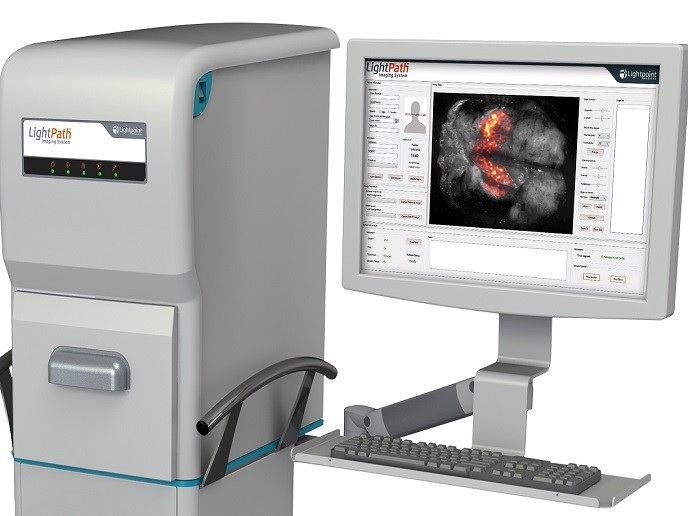Novel prostate cancer diagnostic devices for improved treatment
More than a quarter of prostate cancer patients relapse after five years of surgery. Although diagnosis takes place at early stages, prognosis is difficult due to the lack of predictive biomarkers for clinical outcome and treatment response. The EU-funded PROSENSE(opens in new window) (Cancer diagnosis: parallel sensing of prostate cancer biomarkers) project set out to train a new generation of young scientists in multidisciplinary techniques and methods. The research training network brought together academic, industrial and clinical partners and combined different disciplines and sectors to design novel biosensors. Researchers used prostate-specific antigen (PSA) – the gold standard of prostate cancer diagnosis – as a test biomarker for the development of the majority of the sensors. The generated biosensing technologies were singleplex – measuring PSA or PSA glycosylation only, or multiplex – capable of detecting a panel of biomarkers at the same time. Multiplex electrochemical sensors utilised DNA aptamers to detect protein biomarkers and microRNAs, or antibodies to capture PSA and other antigens. Revolutionary sensors capable of detecting anti-cancer drugs in blood were also developed, facilitating a more personalised therapeutic approach for prostate cancer. Partners explored a range of electrochemical techniques and lab-on-a-chip technology that required minute amounts of clinical samples. All devices passed sensitivity tests for the simultaneous screening of biomarkers within the clinically relevant ranges. The PROSENSE project design was based on biomolecular interactions that offer great sensitivity and specificity. Clinical validation and implementation of these technologies is expected to facilitate the robust and fast diagnosis of prostate cancer.







